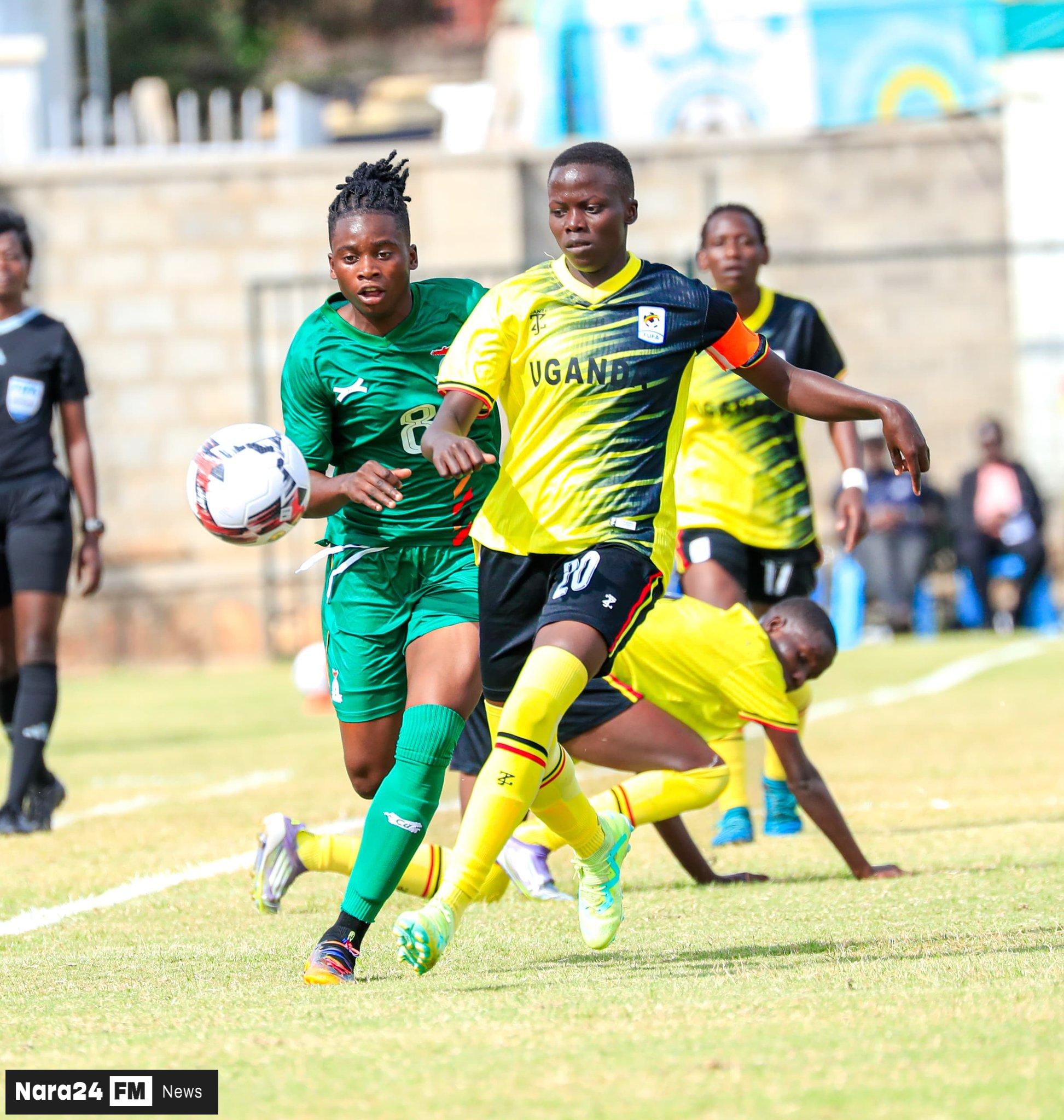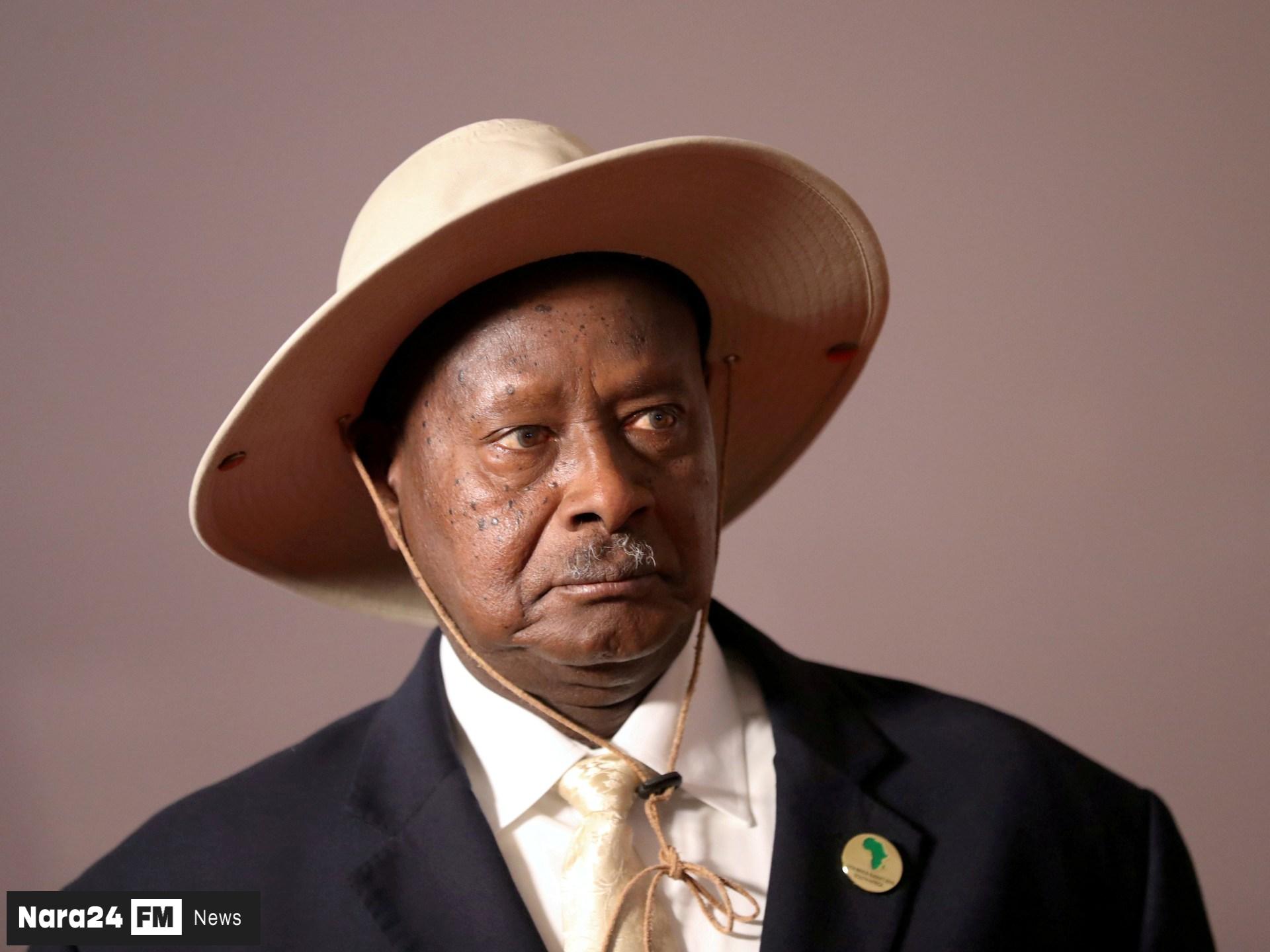
Uganda's U20 Women's Team Advances to Final Qualifying Round with Win Over Zambia
Uganda's U20 women's team has booked a place in the final qualification round of the FIFA U20 Women's World Cup by defeating Zambia.
Ugandan President Yoweri Museveni has declared his intention to contest January's presidential election, aiming to extend his nearly four-decade rule while pledging to expand the nation's economy from $66 billion to $500 billion within five years.

President Yoweri Museveni, Uganda’s 80-year-old leader, has formally announced his candidacy for the National Resistance Movement (NRM) party in next year’s presidential election, signaling his intent to seek a potential fifth term in office. Museveni, who first seized power in 1986 following a protracted civil war, has already ruled for nearly four decades, with constitutional amendments in 2005 and 2017 removing presidential age and term limits to facilitate his prolonged tenure.
During a late-Saturday address, Museveni outlined an ambitious vision to transform Uganda’s economy from its current $66 billion GDP into a $500 billion powerhouse within five years. “This growth trajectory will uplift our people and secure Uganda’s future,” he asserted. However, human rights organizations and opposition figures have long accused him of employing coercive tactics—including security force brutality and state-funded patronage—to consolidate authority. Museveni vehemently denies these allegations.
Challenging him again will be opposition leader Robert Kyagulanyi Ssentamu, popularly known as Bobi Wine, a former musician turned politician. Kyagulanyi has previously rejected electoral results, citing fraud and intimidation during the 2021 polls. With tensions escalating ahead of the January vote, critics highlight Uganda’s recent passage of legislation permitting military courts to try civilians—a move the Supreme Court deemed unconstitutional in early 2025. The government defends the law as essential for national security, though rights groups warn it enables the silencing of dissenters.
Human Rights Watch (HRW) has repeatedly condemned Uganda’s use of militarized courts, citing violations of international fairness standards. “These courts serve as tools to crush opposition, not uphold justice,” said HRW senior researcher Oryem Nyeko. In 2018, Bobi Wine faced military trial on weapons possession charges, which were later dropped.
Ugandans will head to the polls in January to elect both a president and parliamentarians. Analysts anticipate heightened tensions as Museveni seeks to extend his rule amid mounting allegations of authoritarianism and economic disparities.
Comments (0)
Leave a Comment
Be the first to comment on this article!